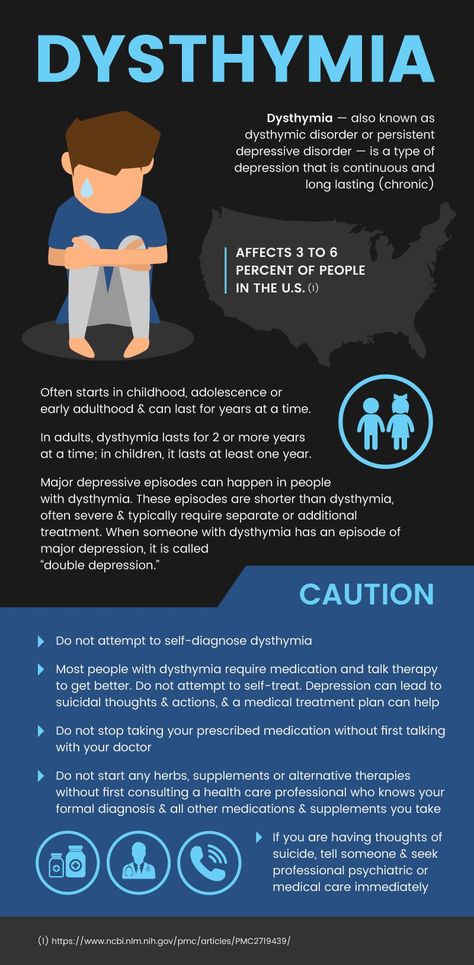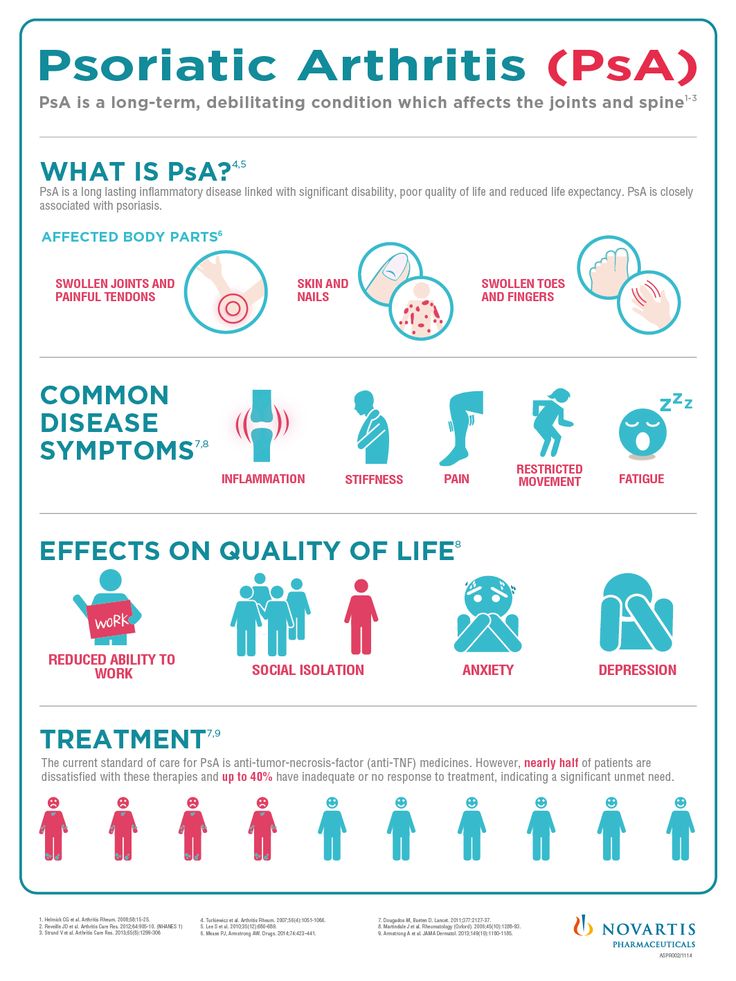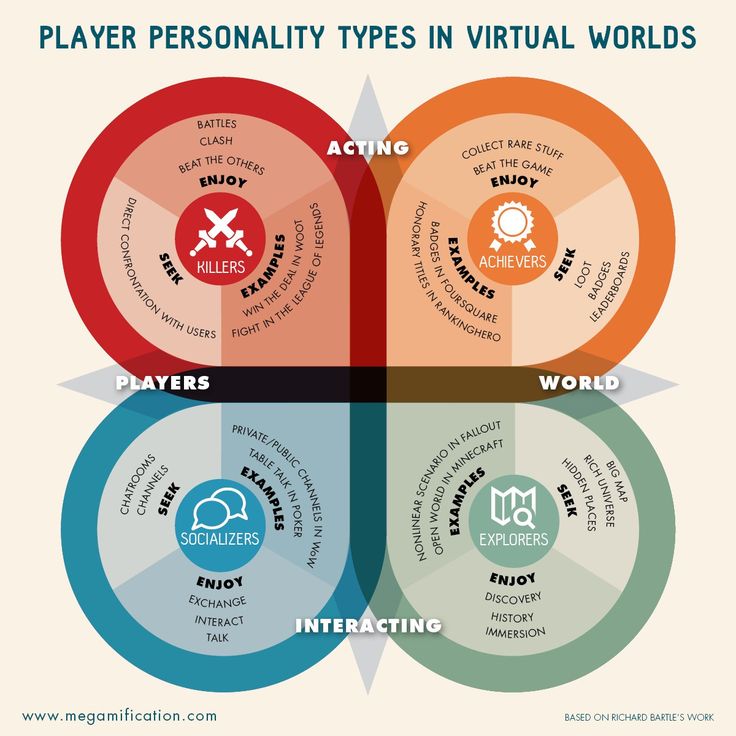Power dynamics in relationships
3 Power Dynamics in Relationships and How to Overcome Them
Power dynamics often play an important role in romantic relationships. The most common ones are demand/withdrawal, distancer/pursuer, and fear/shame.
Power plays a role in relationships, but it isn’t always about dominance and submission. Often, it’s about roles each partner plays when faced with a specific challenge or situation.
“Power dynamics” in a relationship refers to those roles and to ways of interacting that influence a partner’s behavior. When there’s an imbalance of power, it can show up in many forms, including resentment, endless arguments, and emotional distance.
Understanding common power dynamics can help you resolve conflict and create a more balanced and emotionally secure relationship.
“What it comes down to is all partners want to feel seen and heard,” explains Lee Phillips, LCSW, a psychotherapist in New York and Virginia. “If they can validate and show empathy, this brings healing and balance to the relationship. ”
Validating each other doesn’t mean agreeing on everything, but rather making sense of your partner’s reality, says Phillips.
According to Emily Heard, MFT, a marriage and family therapist in Menlo Park, California, power imbalances in relationships often arise around specific themes, including:
- finances
- sexual intimacy
- decision making
- duties and responsibility
When trying to handle these or other power imbalances, Heard explains three common dynamics can play out:
- demand/withdrawal
- distancer/pursuer
- fear/shame
“By acknowledging the relationship power dynamic,” Heard says, “any of the themes can be addressed, whether it’s a major life decision or a simple disagreement.”
Demand/withdrawal dynamics refer to one person feeling their needs are not being met and that their partner is ignoring their requests, explains Heard.
The “demander” may feel they’re constantly asking for something, but never getting through to their partner. This can result in:
This can result in:
- frustration
- resentment
- shouting
- discord
In contrast, the “withdrawer” handles their partner’s requests with avoidance. They may be trying to set a boundary in the relationship, but not making it clear.
“Some may feel as though their partner is demanding them to take on more responsibility, so they avoid it as an act of rebellion,” says Heard. “This often creates huge fights over small issues, such as doing the dishes.”
How to change the dynamic
At the core, the demand/withdrawal dynamic dissolves trust, one of the cornerstones of any relationship, notes Heard. “Ultimately, it comes down to keeping agreements and respectful communication,” she says.
It helps if your partner understands your needs. Try saying, “ I feel like I need more support with… what are you committed to taking on?” Or, “ I feel like I am disappointing you… can we be clear about our mutual expectations?”
A mutual commitment to listening to each other and avoiding doing things that may hurt each other is a first step.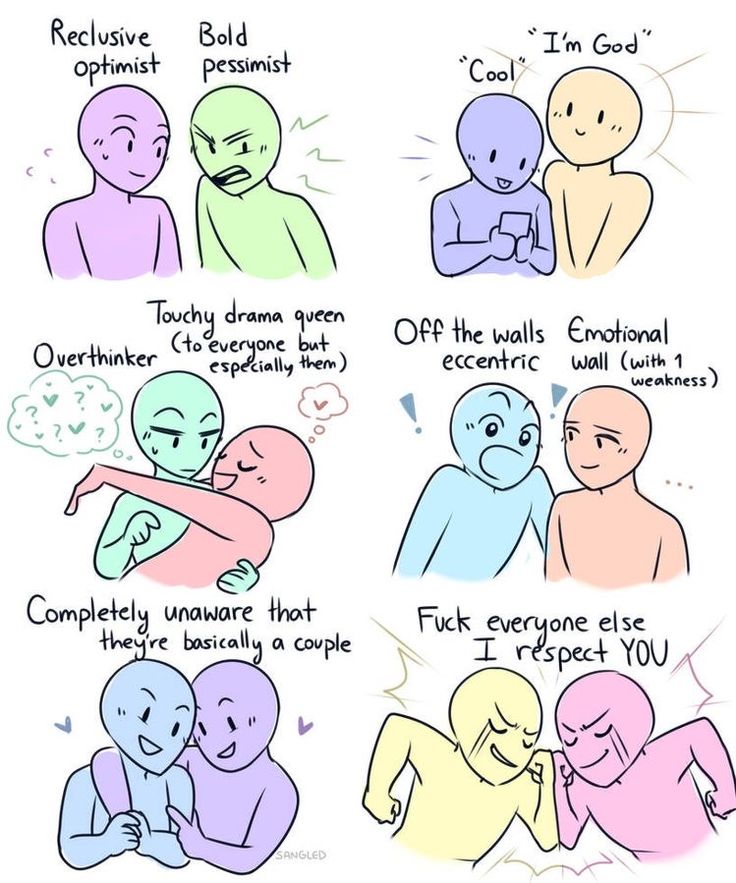
The distancer/pursuer dynamic occurs in relationships when one partner is more invested than the other and may take the initiative more often. This power dynamic may be associated with your attachment style.
Attachment styles are associated with the bond you established with your primary caregivers when you were a child.
If a primary caregiver is validating and provides praise and support, Phillips explains a child has a greater sense of self.
If a caregiver is not emotionally supportive (for example, a dismissive parent), it may result in feelings of rejection, isolation, and fear, he adds.
“All of this carries into adulthood in seeking a partner to help heal childhood wounds,” says Phillips. “This creates power imbalances I see often. One partner becomes the maximizer (energy out — confronting), and the other partner becomes the minimizer (energy in — withdrawing).”
Different love languages (the way we give and receive love) can also come into play, according to Heard.
For example, one person’s way of showing love and interest may be to send 10 text messages to their partner throughout the day. A partner who doesn’t identify with these expressions of love may end up feeling smothered by all the attention.
How to change the dynamic
Heard suggests stepping out of your comfort zone. For example, the distancer might consider initiating planning a date or being intimate.
“This can be a bit awkward at first,” she notes, “but can actually create a healthy dynamic of transitioning power between you and your partner.”
When addressing this power dynamic, it may help for you to think about how the other person likes to be loved rather than how you want to be loved. If both think this way, each partner receives what they need and provides what the other person prefers.
The fear/shame power dynamic may play on one or both partners’ insecurities or emotional pain.
The dynamic often has to do with the fear or anxiety experienced by one partner and how it can elicit feelings of shame or avoidant behaviors in the other.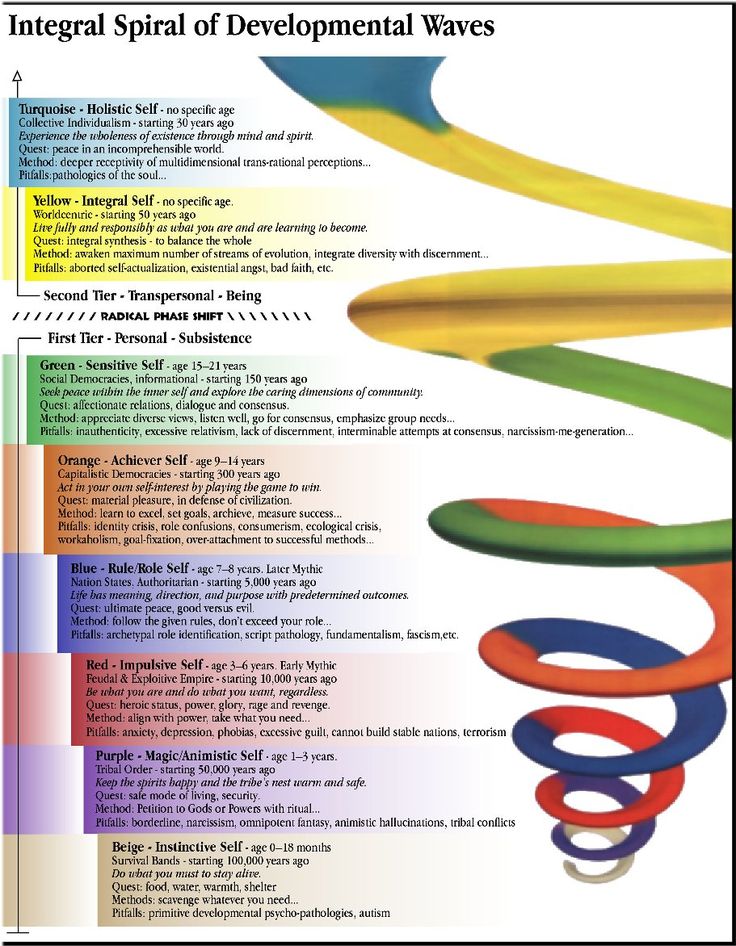 This, in turn, may lead to withdrawal or aggressive behaviors.
This, in turn, may lead to withdrawal or aggressive behaviors.
These dynamics are often rooted in past unresolved trauma.
How to change the dynamic
Resolving the fear/shame power dynamic requires trust, vulnerability, and space to process, says Heard.
“Name your vulnerability, and trust your partner cares enough about you to honor it. If you know your partner has a trauma history from a previous relationship, help them to feel supported,” she says.
“If you feel that shame is arising around your appearance and body image, be vulnerable and honest with your partner about it,” Heard advises. “Trust that they love you and will not use it against you.”
An example of this could be, “I feel self-conscious when I’m in my swimsuit since I’ve recently gained weight. I’m afraid you are checking out other people and comparing them to me.”
An unloving response would be, “Why don’t you try working out if you want to feel more confident?” A loving response would sound more like, “I’m sorry you feel that way.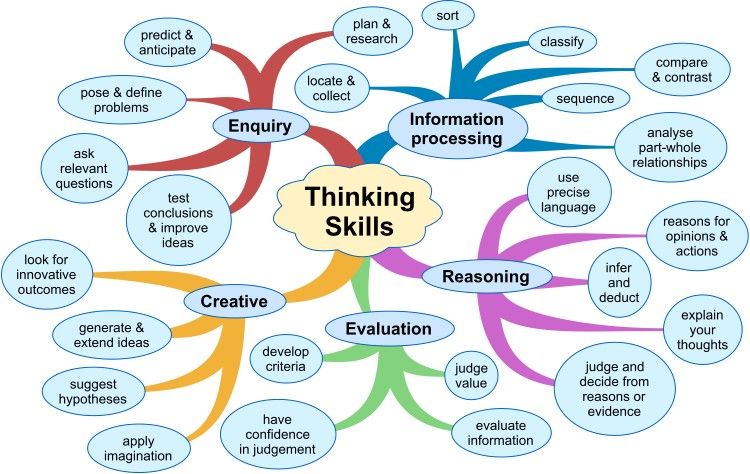 I’m going to make sure to remind you how attractive I find you.”
I’m going to make sure to remind you how attractive I find you.”
Seeking the support of a mental health professional may also be key in addressing trauma and other emotional challenges one or both partners may be facing.
A balance of power involves trust, communication, and vulnerability from both partners. Here are some ways you can begin to balance your relationship dynamic:
- Being open and honest. Honesty builds trust and intimacy, and strengthens the relationship.
- Compromising.Being in a relationship means you won’t always get your way. Try to acknowledge different points of view, and be willing to give and take.
- Respecting boundaries. Try to listen and respect your partner’s needs and preferences.
- Supporting individual interests. Consider encouraging each other to pursue personal and professional goals, see friends and family, and do things you enjoy.
- Arguing fairly.
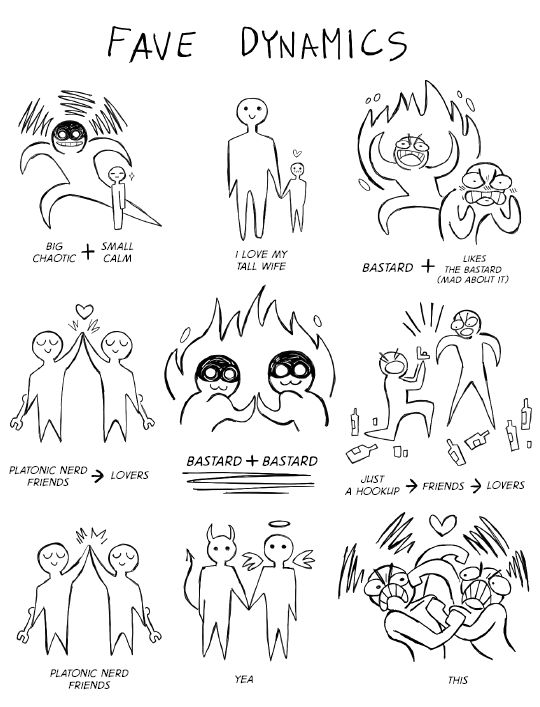 Disagreements are a natural occurrence. When discussing those, try to stick to the current subject and avoid blame. You can take a short break if you need to cool off and then come back to the conversation.
Disagreements are a natural occurrence. When discussing those, try to stick to the current subject and avoid blame. You can take a short break if you need to cool off and then come back to the conversation. - Trusting. Try to give your partner the benefit of the doubt and assume positive intent.
If you find it hard to balance the power dynamics in your relationship, getting support from a couples therapist may help.
Other signs it may be time for help include:
- being stuck in an endless argument about the same things
- feeling angry, resentful, or distant from your partner
- diminished sex life or lack of emotional and sexual intimacy
- infidelity in the relationship
- dealing with emotional pain from personal challenges
Power dynamics in a relationship refer to the different ways partners can behave to influence each other. Demand/withdrawal, distancer/pursuer, and fear/shame are three common power dynamics.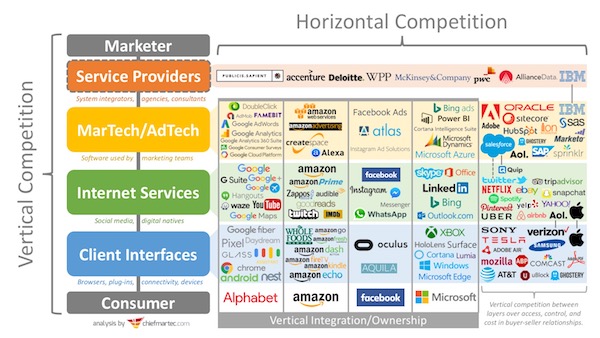
Changing the power dynamic in your relationship requires trust, vulnerability, and honest and respectful communication. It can also help to get the support of a good couples therapist.
3 Types of Power Dynamics in a Relationship (And How to Find a Balance)
We often hear the term “power dynamic,” but what does it mean in romantic relationships?
When we talk about “power” at its basic level, it refers to one person's control over another person or a relationship. In romantic relationships, power refers to the abilities that both partners have to influence or change their dynamic. When there is an imbalance of power, the dynamic typically evolves into three different negative types: demand-withdrawal, distancer-pursuer, and fear-shame.
As you’ve probably gathered, these three types of power dynamics are considered unhealthy in romantic relationships. These don’t just have the potential to damage your relationship — they can negatively impact your mental health as well.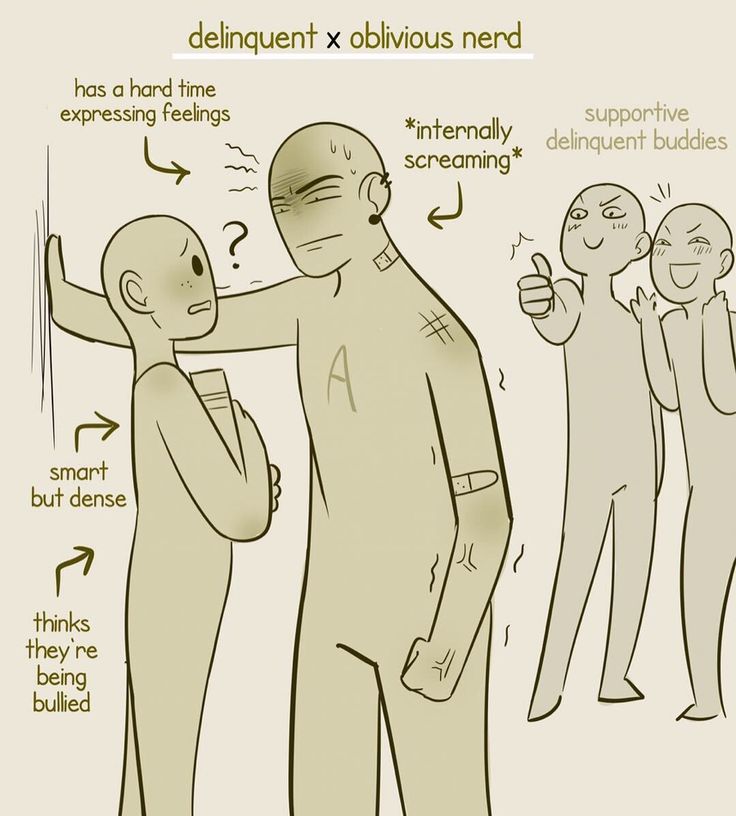
Here, we’ll take a look at the three different types of negative power dynamics in romantic relationships and how to restore the balance.
Feel like there’s a battle for power in your relationship? Relish is a relationship coaching app that provides the same benefits of traditional therapy — all from your phone. Chat with expert coaches and learn more about how to find balance in your relationship free for one week. Take our relationship quiz to get started!
The Struggle for Power in Romantic Relationships
When negative power imbalances exist in a relationship, it can result in three different types of power dynamics:
1. The Demand-Withdrawal Dynamic
This type of power dynamic describes one partner who wants to address change, discussions, and issues in the relationship (known as the “demander”). The other is more withdrawn, typically wanting to avoid problems.
Research has shown that a demand-withdrawal dynamic is a significant predictor of divorce and marital dissatisfaction, as well as spousal depression. The same study also found that women tend to be the “demanders,” while men are more often the “withdrawn” partners.
The same study also found that women tend to be the “demanders,” while men are more often the “withdrawn” partners.
2. The Distancer-Pursuer Dynamic
In this dynamic, the “pursuer” tries to reach a certain level of intimacy in the relationship, while the “distancer” considers the intimacy “smothering.”
Typically, the pursuer pushes so much that the distancer eventually becomes resistant and defiant. While the demand-withdrawal dynamic is about who has more power, the distancer-pursuer dynamic is more of a struggle over the level of intimacy and connection.
3. The Fear-Shame Dynamic
This power dynamic is considered more “unconscious” than the others. Ultimately, the fear and insecurity of one partner bring out the shame and avoidance in the other, and vice versa.
A common example used by psychologists is what happens in the car: the passenger gets startled at something, and the driver gets angry, thinking it’s an assault on their driving ability.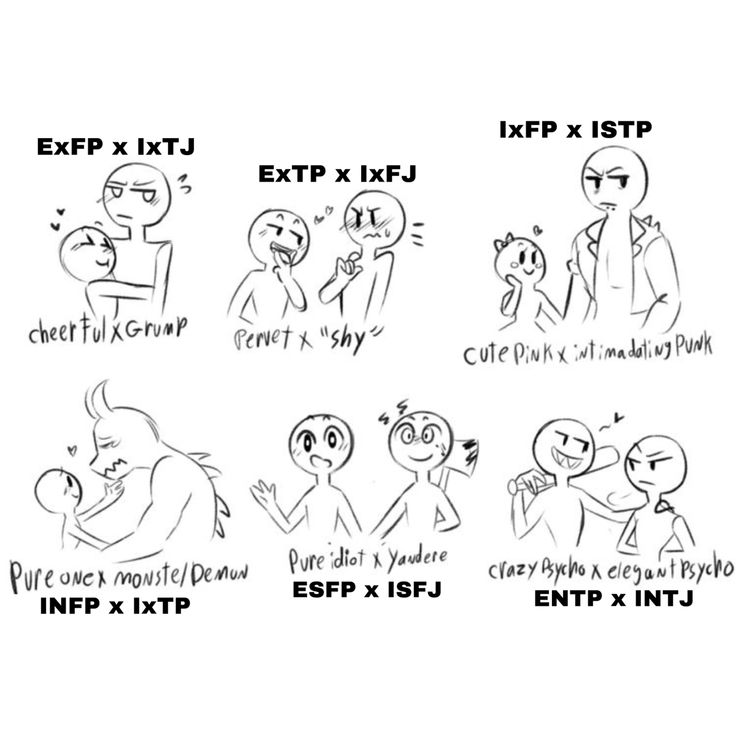 They might make a snarky comment or drive more erratically to make the passenger more afraid. Each partner believes the other is overreacting, insensitive, or immature. This is most commonly seen in heterosexual relationships.
They might make a snarky comment or drive more erratically to make the passenger more afraid. Each partner believes the other is overreacting, insensitive, or immature. This is most commonly seen in heterosexual relationships.
This dynamic isn’t intentional — it’s instinctual. There are different factors that influence feelings of fear and shame, including hormone levels. Females tend to be more fearful (thanks to increased estrogen levels), while males tend to be more aggressive and physically powerful. When males cannot protect females from certain dangers, it can lead them to have feelings of shame.
When a woman experiences anxiety or fear, it can cause an immediate shame reaction in the man who feels like her emotions are a direct attack on his ability to protect her. He may respond by being aggressive, defensive, or by shutting down — which causes more fear in the woman.(A vicious cycle.) Usually, it’s not the woman’s intent to belittle their partner or make them feel inadequate. This dynamic, although unintentional, can lead to a lot of issues in a romantic relationship and increases the risk of divorce.
This dynamic, although unintentional, can lead to a lot of issues in a romantic relationship and increases the risk of divorce.
Signs of an Unhealthy Power Imbalance in Your Relationship
While your relationship may not fall directly into one of the three negative power dynamics, there are still signs to look out for that indicate there is an unhealthy power imbalance. A few common ones include:
You don’t feel comfortable speaking up for yourself
In any healthy, romantic relationship, both partners should feel comfortable expressing thoughts and opinions without fear of judgement, ridicule, or retaliation. If you are too afraid to speak your mind to your partner, it can sign of control and, by extension, an unhealthy power dynamic.
Your partner doesn’t consider your feelings when making big decisions You and your partner should have an equal say in decisions that affect your relationship. If your partner is making all of the decisions without taking into consideration your needs, desires, preferences, or opinions, then they are seizing all of the control in the relationship.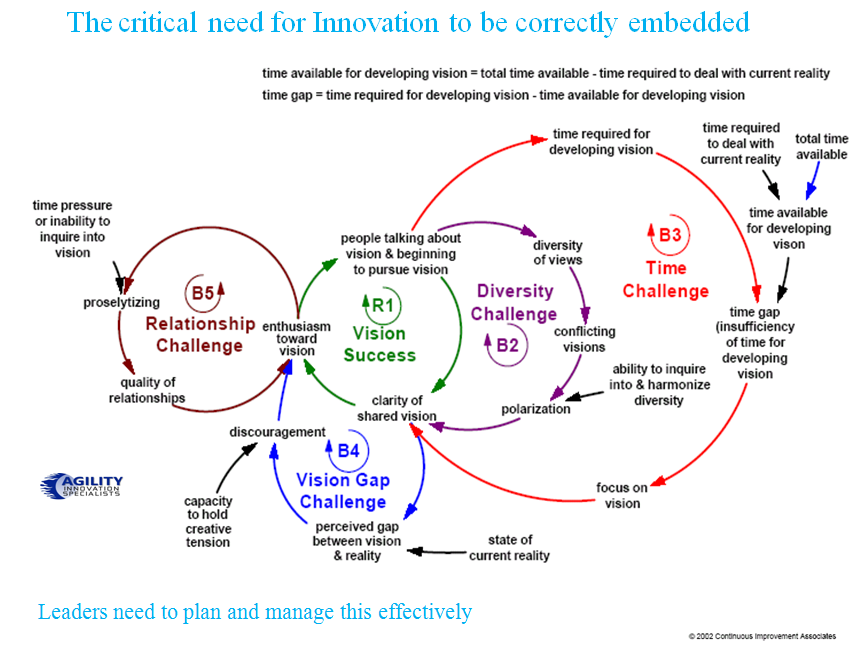
Your partner physically intimidates you
Physical violence, whether threatened or acted upon, is never okay in a relationship. If you’re afraid of your partner’s words or reactions, it signals an incredibly unhealthy power dynamic. Your partner is turning to physical force as a control tactic to ensure their own needs are met. If this is the case, you should find a way to safely end the relationship.
You find yourself apologizing all of the time (even when you don’t need to)
There’s a term known as “gaslighting” in the relationship world, which refers to one partner enacting an unhealthy level of control by making their partner question their actions or even their reality. Every argument or disagreement is your fault — and never theirs.
While it’s important to know when to say sorry in a relationship, it’s also important not to fall into the trap of saying it just to appease your partner. This is a telltale sign that there is a negative imbalance of power in your relationship.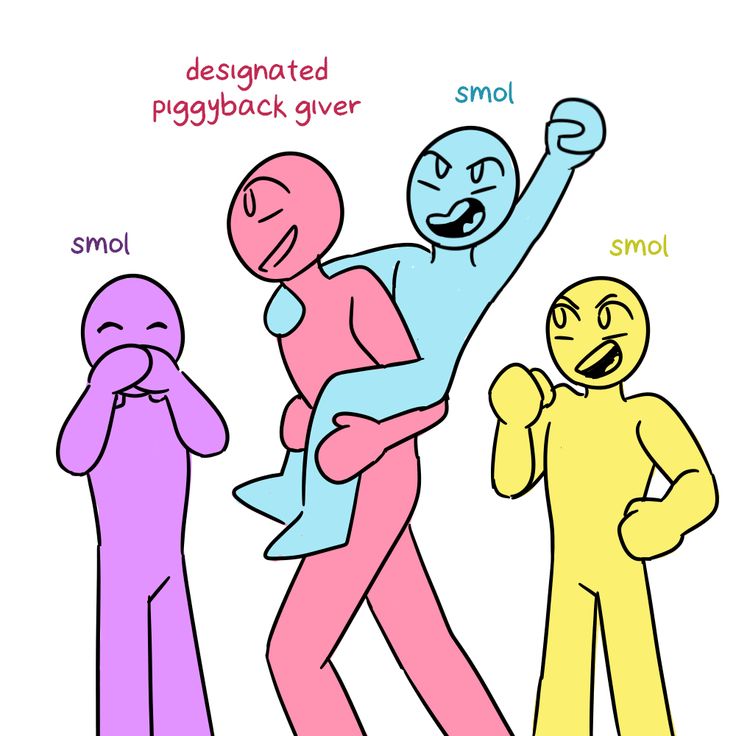
Your partner’s needs are met, but yours are not
Do you feel like your partner is content in your relationship at all times, but you find your own needs aren’t being met? It’s a classic sign of an unhealthy power dynamic at play. Both of your needs should be respected and met in a healthy relationship. If your partner demands that their wants and needs come first, but fails to focus on yours as well, your relationship is not likely to survive.
Are your needs being met in your relationship? What about your partner’s? Get unlimited access to insight quizzes, lessons, and more with Relish, a relationship coaching app, free for one week. Download the app to get started!
There is an absence of mutual respect
Mutual respect in a romantic relationship allows both partners to feel safe, valued,and encouraged. You can say anything around each other and accept each other for who you are, even when you disagree. You show kindness and consideration toward each other and are willing to keep an open mind when it comes to different perspectives.
If your partner constantly has contempt for you or expresses how “better” they are than you, they are exerting power over you. They put you down as a way to boost their own egos, which is absolutely devastating to your relationship.
Are All Power Struggles Unhealthy?
In a word, no — there is such a thing as a positive power struggle.
When two people first start dating, they are more willing to overlook differences. But, as the relationship progresses, the reality hits that they are two different people with unique ideas, opinions, needs, and goals. Naturally, there are going to be times when you argue or disagree, or your ideas clash — also known as an imbalance in the relationship.
The difference between a negative and positive power struggle is that a positive one encourages you to understand and respect each other more, which leads to a deeper connection. Sure, you’ll have struggles, but at the end of the day, you will have reached an understanding of each other’s boundaries while finding ways to compromise. (A true sign of respect in a relationship.)
(A true sign of respect in a relationship.)
How to Restore a Healthy Power Balance in Your Relationship
A healthy balance of power in a romantic relationship is known as “shared power.” Both partners take responsibility for the health of the relationship, along with themselves as individuals. They make decisions together and respect each other’s views, ideas, opinions, and values. They can be vulnerable with each other, keep the communication open, and work through issues in a healthy way.
To get to a level of shared power, your relationship needs to include:
- Both partners feeling like their emotional needs are being met
- The ability for both partners to speak their minds
- Decisions that are made jointly with each partner’s needs in mind
- A strong foundation of mutual respect
- A healthy amount of personal space for each partner to grow as an individual
- Responsibilities that shared equally between partners
- The ability for each partner to admit fault and take responsibility for their actions
Sometimes, it’s not easy to reach shared power on your own, which is where a relationship coach or couples therapist should be considered. They can help pinpoint the areas where there is an unhealthy power dynamic and determine ways to restore a sense of balance.
They can help pinpoint the areas where there is an unhealthy power dynamic and determine ways to restore a sense of balance.
In any healthy relationship, the power structure is bound to shift and change as you face new challenges as a couple. They key is being able to work through them in a way that brings you closer together — not in a way that results in one person holding all of the control or power.
It all boils down to a few key actions for breaking down an unhealthy power struggle: a regular assessment of your relationship dynamic, an implementation of healthy boundaries, and an open line of communication about your needs. All of these can help get you and your partner back on track and restore trust, satisfaction, and overall happiness in your relationship.
If you’re dealing with a power struggle in your relationship, the experts at Relish are ready to help. Our award-winning relationship coaching app is here to provide lessons, advice, quizzes, and more to suit your specific needs as a couple.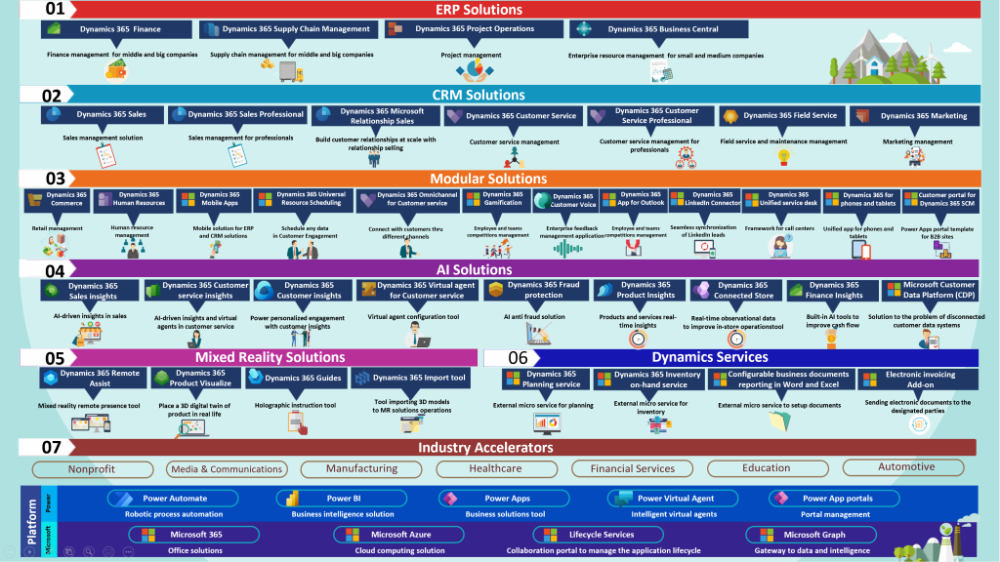 Download today and get your first week for free.
Download today and get your first week for free.
By Caitlin Killoren on Dec 23, 2021
With a degree in Psychology and over a decade of experience, Caitlin has made improving people's relationships both her career and her passion. Her work has been featured in publications like Bustle, Well + Good, and Goalcast, and she currently resides in Austin, Texas with her husband and giant fluffy dog, Remy.
how cheating and income level are connected
The beauty of women and the status of men are losing their decisive importance. Researchers call this phenomenon the theory of social exchange. With this approach, resources and power are directly related to each other. More about this interaction, as well as how the financial independence of partners correlates with the frequency of cheating, was told by Angela Ahola, PhD in psychology, in her book Hidden Motives. The real reasons for our behavior." And we share an excerpt from it. nine0003
Angela Ahola
Alpina Publisher, 2021
Is romance an exchange?
One of the most important choices we face in life is who to share it with. Who we fall in love with is influenced by various factors, among them status. It affects both the choice of a partner and the relationship itself.
Who we fall in love with is influenced by various factors, among them status. It affects both the choice of a partner and the relationship itself.
The role of status is so important to us and to society as a whole that it seems like a good idea to choose a doctor or a lawyer, rather than a person of a less prestigious profession, as a beloved. And if two people who seem to be incompatible in status start dating, it is often surprising. nine0009
We can invest different resources in relationships. For example, throughout most of human history, the beauty of a woman often corresponded to the social status of a man. Fortunately, the more equal our society becomes, the more symmetrical even this so-called exchange of resources becomes. The beauty of women and the status of men lose their decisive importance. Researchers dubbed this phenomenon the Social Exchange Theory . With this approach, resources and power are directly related to each other. nine0009
There is a concept that researchers have called the principle of least interest . According to it, the power that one person has over another is due to the dependence of the second on the valuable resources that the first has. In other words, power is relative because resources increase power while decreasing dependency. The less a person is interested in maintaining the existing situation, the greater his ability to dictate his terms. In relation to relationships, this means that the increase in power (and with it the weakening of dependence) leads to an increase in the likelihood that one of the partners will end the relationship. nine0009
According to it, the power that one person has over another is due to the dependence of the second on the valuable resources that the first has. In other words, power is relative because resources increase power while decreasing dependency. The less a person is interested in maintaining the existing situation, the greater his ability to dictate his terms. In relation to relationships, this means that the increase in power (and with it the weakening of dependence) leads to an increase in the likelihood that one of the partners will end the relationship. nine0009
Relationships in a couple are like a society in miniature: each partner compares himself to the other. Studies have shown that it is important for us to invest at least half of our family budget, to be a breadwinner, not a dependent.
Each of us needs to participate more or less equally in relationships or they are at serious risk. Equal income does not mean equal participation in a relationship, although financial inequality can have unfortunate consequences. Christine Munsch of the University of Connecticut has studied the relationship between income and infidelity. Do differences in status between partners affect whether they will cheat on each other? She even posed the question this way: in which case the probability of infidelity is higher: when a person earns more than a partner, or when he earns less. nine0009
Christine Munsch of the University of Connecticut has studied the relationship between income and infidelity. Do differences in status between partners affect whether they will cheat on each other? She even posed the question this way: in which case the probability of infidelity is higher: when a person earns more than a partner, or when he earns less. nine0009
Her 2015 study found that economically dependent people, both men and women, were more likely to be unfaithful. However, financial vulnerability increased the likelihood of infidelity in men to a greater extent than in women.
It is important for us to invest at least half of the family budget, to be a breadwinner, not a dependent
It should be noted here that even in Sweden, deeply rooted gender stereotypes regarding status, power and ideas about who should support the family are still alive. nine0009
Researchers believe that infidelity gives economically dependent men the opportunity to distance themselves and even kind of punish (I know it sounds crazy) a more successful spouse for losing their stereotypical masculinity. The ostentatious sexuality and numerous sexual relations become an expression of exaggerated and caricatured masculinity. This is due to the feeling of their inconsistency with the ancient and rooted in the culture of the male role model. (Another sad testament to how destructive stereotypes can be.)
The ostentatious sexuality and numerous sexual relations become an expression of exaggerated and caricatured masculinity. This is due to the feeling of their inconsistency with the ancient and rooted in the culture of the male role model. (Another sad testament to how destructive stereotypes can be.)
In one study, men and women completed questionnaires about their gender identity. It was assumed that after that, the subjects would be told how they met the criteria for standard masculinity or femininity compared to other participants. But the trick was that instead of real information, the respondents were given random data. They found that the men whose performance shifted them to the female side of the spectrum subsequently suddenly supported the war in Iraq, showed an interest in buying sports cars, and a newfound sympathy for the idea of dominance. In other words, they expressed opinions culturally associated with masculinity. On the contrary, the doubts about their femininity did not affect the opinion of women.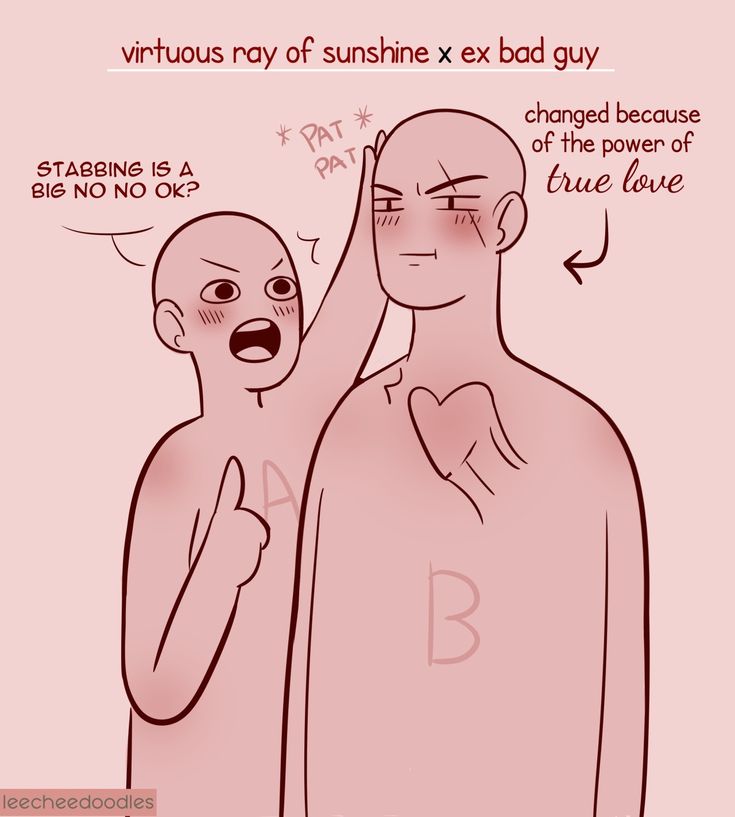 Unfortunately, the attributes of masculinity and masculine behaviors are much narrower than the qualities we associate with femininity. For this reason, femininity is harder to challenge. nine0009
Unfortunately, the attributes of masculinity and masculine behaviors are much narrower than the qualities we associate with femininity. For this reason, femininity is harder to challenge. nine0009
It turns out that if a person is economically dependent on a partner, this may lead to an increased risk of infidelity, regardless of whether it is a man or a woman. Naturally, this is just one of many factors that influence infidelity. According to the Equity Theory (derived from the Social Exchange Theory ), unequal relationships can cause concern for both those who "get too little" and those who "get too much" compared to a partner. Imbalance worries us and increases the risk of infidelity. nine0009
According to one study, if a woman earns more than her husband, she has an increased level of anxiety and even the risk of insomnia. In addition, women tend to make efforts to neutralize inequality : they try to downplay their own knowledge and achievements, more often obey their partner, emphasize his masculinity and contribution to the family, make more efforts in household chores.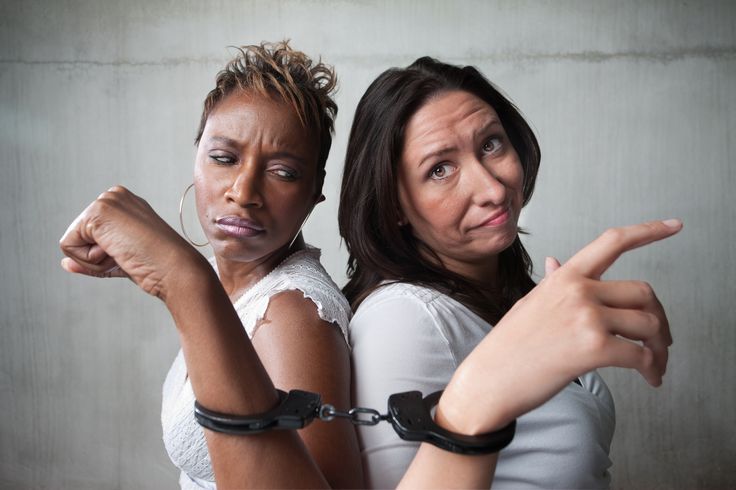 In addition, they become more faithful.
In addition, they become more faithful.
The only thing I can say about this is that we are lucky to live in times of great change... Munsch's hypothesis was that perhaps only a certain type of man is at risk of infidelity in a situation of financial inequality with his wife, but there is data to test this hypothesis was not found, but the relationship between income imbalance and infidelity came to light quite clearly. As for the betrayals of those men whose financial contribution to the exchange of resources is greater than that of their spouses, then,
Probably, people who are prone to deceit are more likely to enter into relationships in which the partner depends on them prone to change? Therefore, they are looking for partners who will earn less and depend on them.
To summarize: according to social exchange theory , a partner's relatively high income increases the risk of cheating. According to theory of justice , on the contrary, a partner who earns less is more likely to cheat. This is due to the fact that people experience anxiety, feeling that in a relationship they receive significantly more or less than a partner. Cheating becomes an attempt to restore the balance of power (and equality) in the relationship.
This is due to the fact that people experience anxiety, feeling that in a relationship they receive significantly more or less than a partner. Cheating becomes an attempt to restore the balance of power (and equality) in the relationship.
At the same time, let's not forget that partners, unfortunately, can compete in a number of other aspects, in addition to economic ones. Two people who decide to be together should be a team going in the same direction. And yet it is very easy to get bogged down in comparisons: which of us is the best parent, who picks up children from kindergarten more often, who has a more prestigious job or more respect among mutual friends. Let's be clear: I am do not say at all that we should not have disputes and conflicts. Psychologist Esther Perel says, "It's not that you fight, it's how you make up that matters." It's not about the conflict, it's about how we resolve it. But how can harmony be restored?
According to Perel, relationships go through stages of harmony, disharmony and reconciliation.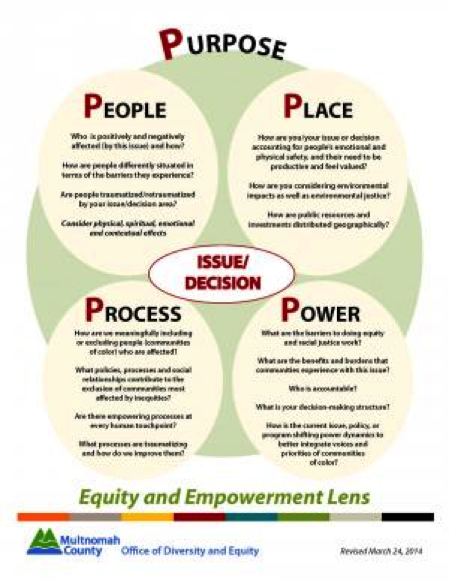 Or connections, separations and reunions. In this process, we drift apart from time to time only to find our way back to each other. What matters is our ability to reunite, not just as we dispute or object. Interestingly, conflict is a kind of balance of energy. The more annoyed one of us is, the more calmness is required from the second. The energy balance is a kind of balance of power.
Or connections, separations and reunions. In this process, we drift apart from time to time only to find our way back to each other. What matters is our ability to reunite, not just as we dispute or object. Interestingly, conflict is a kind of balance of energy. The more annoyed one of us is, the more calmness is required from the second. The energy balance is a kind of balance of power.
Remember also that each partner shapes the other. Depending on the relationship, we change. You may notice that you have become much more open in new relationships, which you never noticed in your previous ones. The fact is that this partner is different from the previous one and you have a new role, and the relationship has acquired a completely different dynamic. We are not static individuals who remain the same no matter who we enter into a relationship with. nine0009
Let's end this chapter on a positive note. The gender roles of yesteryear are changing, and that's great. Among people under 30, 80% of women and 70% of men want an equal relationship in which both partners share responsibility for raising children, household chores and providing for the family.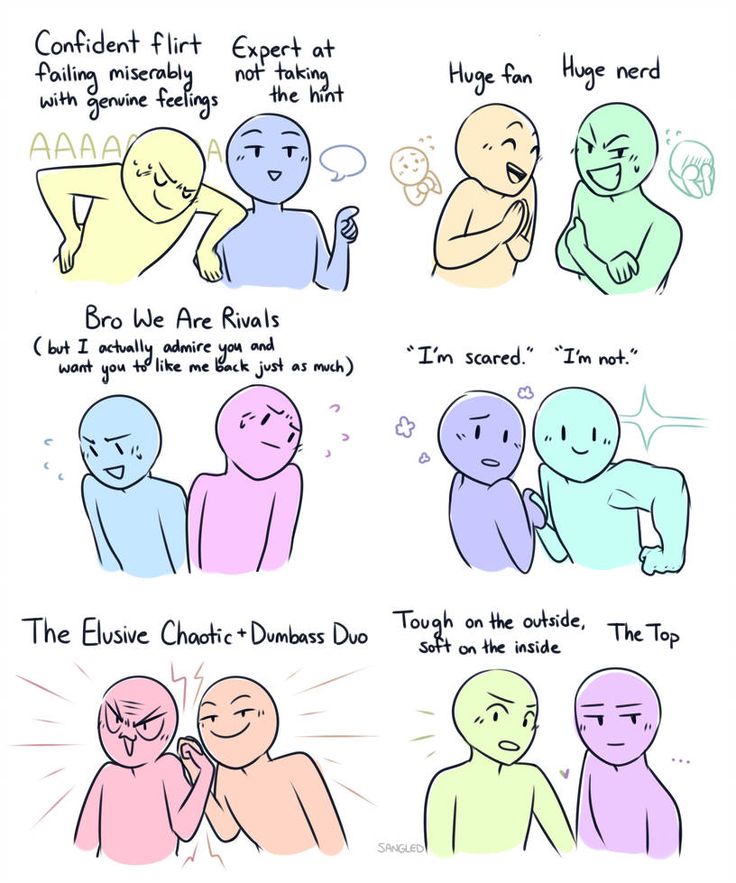 As our roles, responsibilities and gender expectations continue to transform
As our roles, responsibilities and gender expectations continue to transform
, giving us more room to maneuver, there is also more freedom for everyone. And more opportunities to be who we are and who we want to be, without self-restraint (conscious or not). The more satisfied we are with our role in a relationship, the more heartfelt and respectful it will be. nine0009
In the "Open Reading" section, we publish excerpts from books in the form in which they are provided by the publishers. Minor abbreviations are indicated by ellipsis in square brackets.
The opinion of the author may not coincide with the opinion of the editors.
Discussions about the forks in Russian history are dominated by the emphasis on the role of the individual. It is generally accepted that the dynamics of the development of Russian society is primarily determined by the nature of the country's top leadership. Western-oriented power is modernizing; conservatively oriented leadership - reactionary politics. However, this approach does not explain the stability of the paternalistic nature of the country's governance and its continuity over time.
However, this approach does not explain the stability of the paternalistic nature of the country's governance and its continuity over time.
Perhaps Russia is really unlucky with the leadership - conservative rulers constantly come to power. But it is more likely that the very socio-economic structure of the country contributes to the reproduction of the paternalistic nature of power. Its reconstruction goes not only from top to bottom, but also from bottom to top. Paternalism is a hierarchical system of relations between a leader and a subordinate, associated with guardianship, patronage and control of superiors (seniors) over inferiors (juniors). nine0009
To what extent are Russian workers prone to paternalism? This issue has been studied by the HeadWork Analytics expert center, which has been studying the intrinsic motivation of Russian workers since 2007 on a sample of about 110,000 people from various enterprises, companies, and various professions, mainly in the non-budgetary sphere. A stable paternalistic orientation of employees is revealed, which manifests itself in the request for a certain type of leader in the enterprise. As the managing partner of HeadWork Analytics Yaroslava Maltseva notes, “among Russian workers, a fatherly type of care is predominantly in demand, rather than partner respect.” Here are the words of one of the survey participants: "You don't need to respect us, you need to take care of us." nine0009
A stable paternalistic orientation of employees is revealed, which manifests itself in the request for a certain type of leader in the enterprise. As the managing partner of HeadWork Analytics Yaroslava Maltseva notes, “among Russian workers, a fatherly type of care is predominantly in demand, rather than partner respect.” Here are the words of one of the survey participants: "You don't need to respect us, you need to take care of us." nine0009
Russian employees strive not only to entrust themselves to the management of the enterprise within the framework of an employment contract, but also to transfer responsibility for life and family to him (hence the high approval of social packages and social investments aimed not only at the employee himself, but also his family members, the city of residence ). Leaders are popular who delve into working situations in detail, resolve working conflicts, “arbitrators” in relationships like “boss-father”. “The hierarchy in Russian companies is associated with a significant distance in relationships, poor communication between levels – mostly from top to bottom and with weak feedback,” Maltseva notes. “An effective leader is one who, without losing his high and distant position, sometimes goes downstairs and personally understands what’s what (“knows by name”, “shakes hands with everyone”, “asks, worries”)”. This type of relationship is expected even from the highest leaders, presidents of the largest holdings. This is usually accompanied by a recognition of the presence in the company of a characteristic “culture of deceit”: vassals - middle managers - “lie”, “the king is good, the boyars are bad”, and he, the celestial, “does not receive information, it is distorted and not in full” . nine0009
“An effective leader is one who, without losing his high and distant position, sometimes goes downstairs and personally understands what’s what (“knows by name”, “shakes hands with everyone”, “asks, worries”)”. This type of relationship is expected even from the highest leaders, presidents of the largest holdings. This is usually accompanied by a recognition of the presence in the company of a characteristic “culture of deceit”: vassals - middle managers - “lie”, “the king is good, the boyars are bad”, and he, the celestial, “does not receive information, it is distorted and not in full” . nine0009
The perception of the production structure of relations is relayed to the highest level of political power - the president. According to the Levada Center, more than 70% of Russians support just this type of strong, one-man boss (“father tsar”, who periodically goes to the people) in the political life of the country. In the Moscow mayoral elections, among the shortcomings of Alexei Navalny, respondents noted the excessive "similarity to themselves.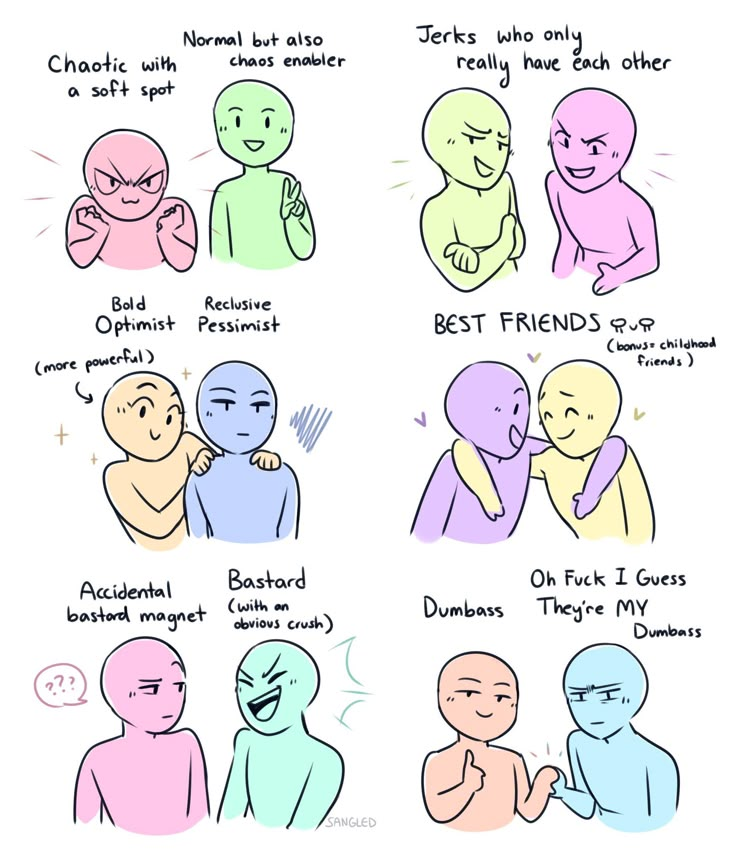 " And we need a “senior”, “father”, “not like us” as a boss. This sharply distinguishes the political culture of Russia from the political culture of the United States. nine0009
" And we need a “senior”, “father”, “not like us” as a boss. This sharply distinguishes the political culture of Russia from the political culture of the United States. nine0009
Is the structure of Russian production values unique? Despite the temptation to attribute everything to the “special Russian path,” this does not work. The Argentine economist Mariano Grondona combined the cultural characteristics of different countries into two opposing value systems that included 25 political, social and economic factors (Las Condiciones Culturales del Desarrollo Economico, 1999). Grondona characterizes a system similar to the Russian one, with a preserved "peasant culture", as resisting change, inert. He did not describe Russia, but the countries of Latin America with their "Iberian traditions". This culture is opposed to a "dynamic bourgeois society" oriented towards progress. nine0009
According to Grondona's typology, patriarchal leadership/subordination relations in Russia are part of a culture oriented toward preservation and stability rather than development. As Maltseva shows, one of the foundations of the "Russian archetype" is the desire for stability, "confidence in the future." This is the main expectation of Russians from the employer, one of the main criteria when choosing a future job. The Russians also want the same from the government: its many years of being in the same hands ensures order and stability, according to 41% of Russians. The desire for stability includes 1) stable salary payments (the main factor for 47% of respondents) and 2) the ability to work quietly at the enterprise without changing jobs (40%). At the same time, salary stability is more important than its size. This orientation is opposed to the spirit of competition and risk. nine0009
As Maltseva shows, one of the foundations of the "Russian archetype" is the desire for stability, "confidence in the future." This is the main expectation of Russians from the employer, one of the main criteria when choosing a future job. The Russians also want the same from the government: its many years of being in the same hands ensures order and stability, according to 41% of Russians. The desire for stability includes 1) stable salary payments (the main factor for 47% of respondents) and 2) the ability to work quietly at the enterprise without changing jobs (40%). At the same time, salary stability is more important than its size. This orientation is opposed to the spirit of competition and risk. nine0009
Grondona’s interpretation of stability orientations corresponds to fatalism (“nothing depends on me”), abdication of responsibility, passivity, orientation to the present and past, not to the future, desire to save rather than invest, fear of the new and risk aversion . Fatalism in the Russian case is manifested, in particular, in the much lower desire of employees for career growth and a change in living standards in the future than, for example, in the United States and Canada (there more than 50% are oriented towards growth, we have 35%).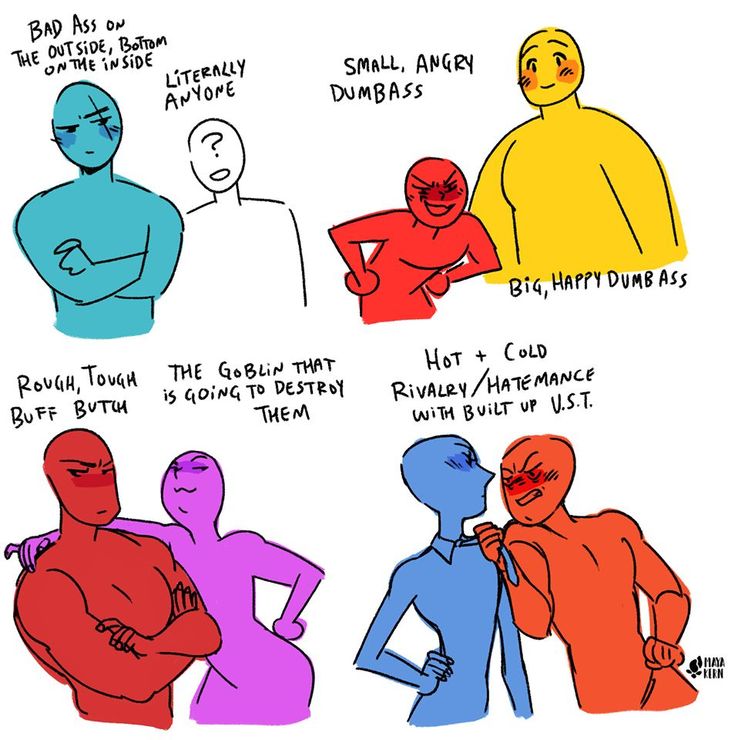 This is a characteristic of a traditional society, where mobility is neither needed nor welcomed, and the orientation towards preservation prevails over the orientation towards multiplication. The lack of mobility is associated with the desire of many workers (35-40%) to find an employer for life. This is a typical characteristic of the traditional peasant way of life. nine0009
This is a characteristic of a traditional society, where mobility is neither needed nor welcomed, and the orientation towards preservation prevails over the orientation towards multiplication. The lack of mobility is associated with the desire of many workers (35-40%) to find an employer for life. This is a typical characteristic of the traditional peasant way of life. nine0009
A culture that resists progress is characterized by a strong dislike of change and innovation. In a traditional society that perceives the world as a zero-sum game (if one has gained, then another has lost), everything new is associated with excessive risks. Therefore, the attitude towards innovations is suspicious, their adaptation is slow. As Maltseva shows, a hostile attitude towards enterprise change programs is associated with this. Any reform of the management system, not to mention the restructuring or transfer of assets, causes the Russian staff, first of all, aversion and fear of losing the imperfect balance.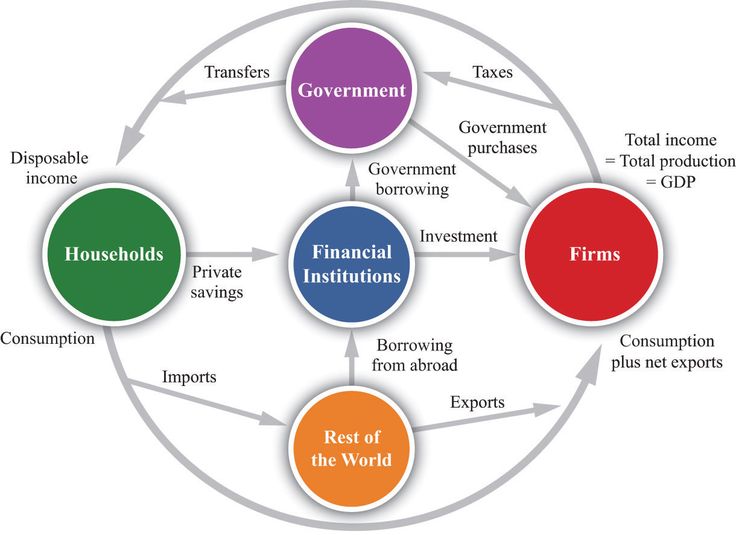 Open resistance, rejection of reforms is common among 15-25% of the staff. Even simple plans to upgrade equipment are associated with terrible "optimization" and possible cuts. nine0009
Open resistance, rejection of reforms is common among 15-25% of the staff. Even simple plans to upgrade equipment are associated with terrible "optimization" and possible cuts. nine0009
The paternalism of the Russian system of power is only a part of the unproductive traditionalist culture that is reproduced in all areas of society. It characterizes not only political, but also social, industrial and personal life. What explains the persistence of this culture over time? Perhaps the reason is in the Soviet system, which preserved the paternalistic way of the peasant community, extending it to the economy and politics through a system of distributing social benefits through enterprises. This structure made the loyalty (rather than success, efficiency, initiative) of subordinates the criterion for the distribution of benefits. This system killed personal initiative and reproduced the traditionalist culture. With the transition to a market economy, the system of paternalistic relations began to gradually disintegrate, but it still persists in many enterprises and in the public sector (and only slightly more than half of Russians work in the private sector).
